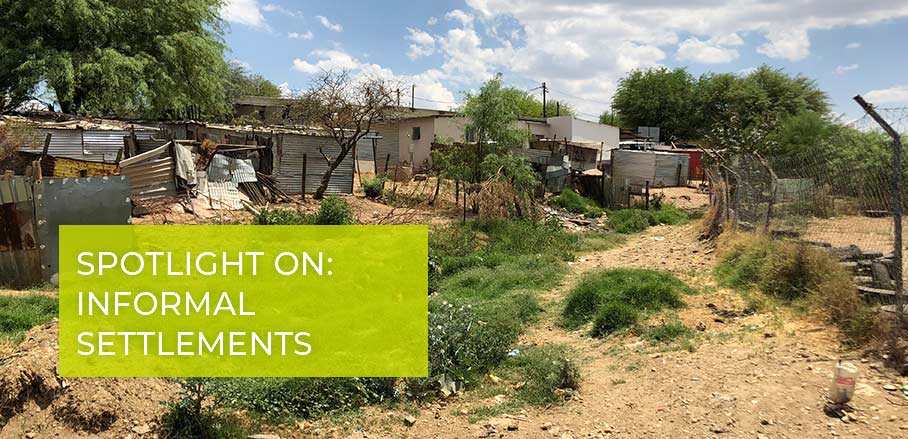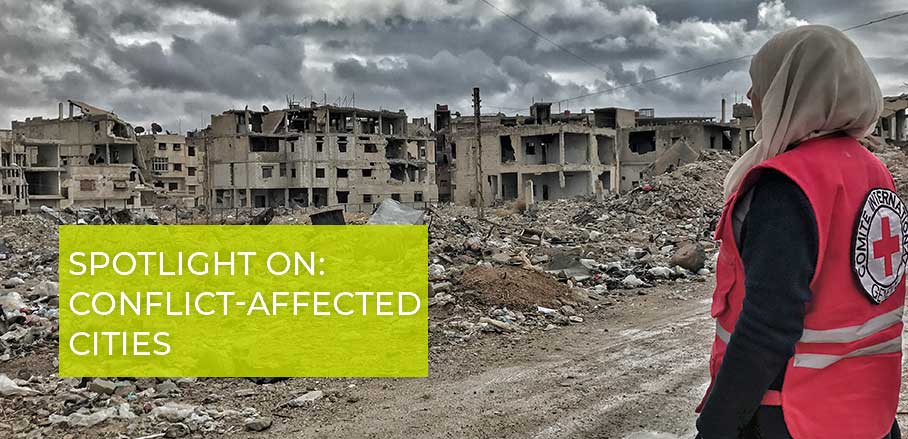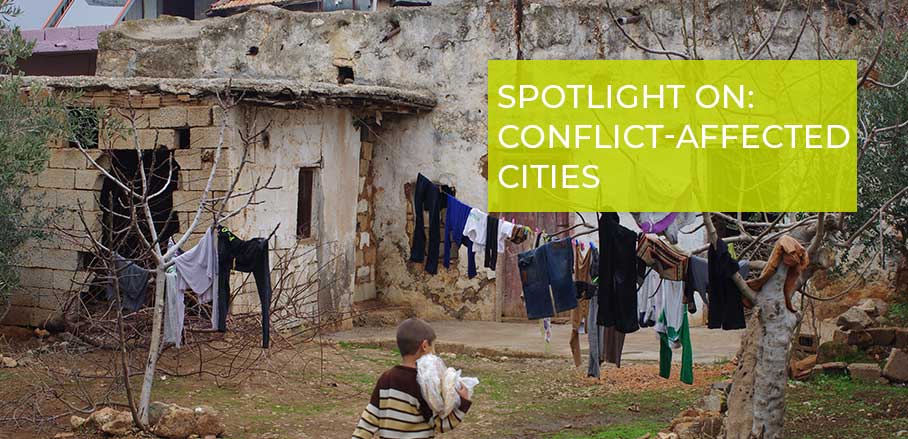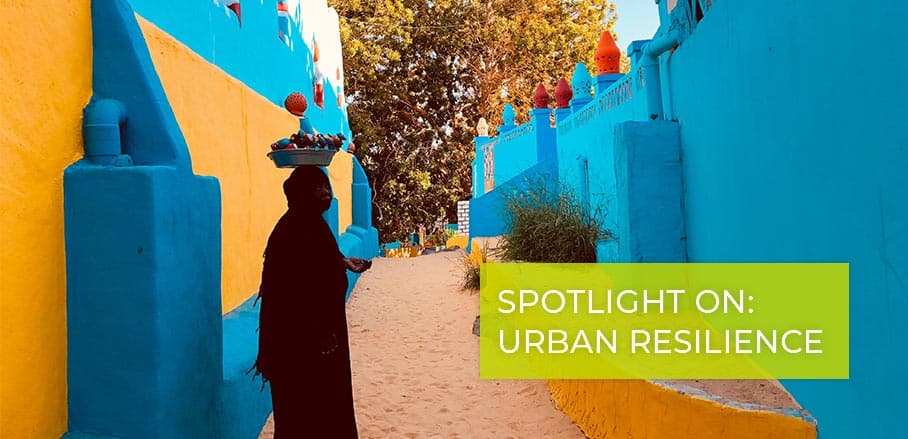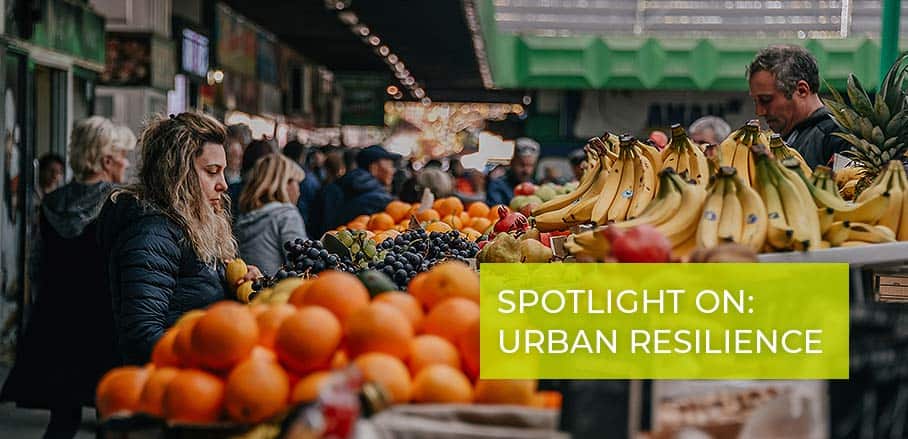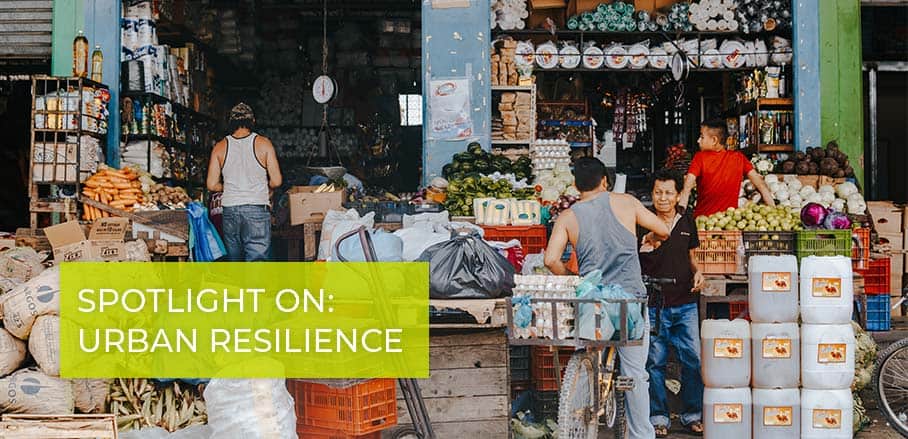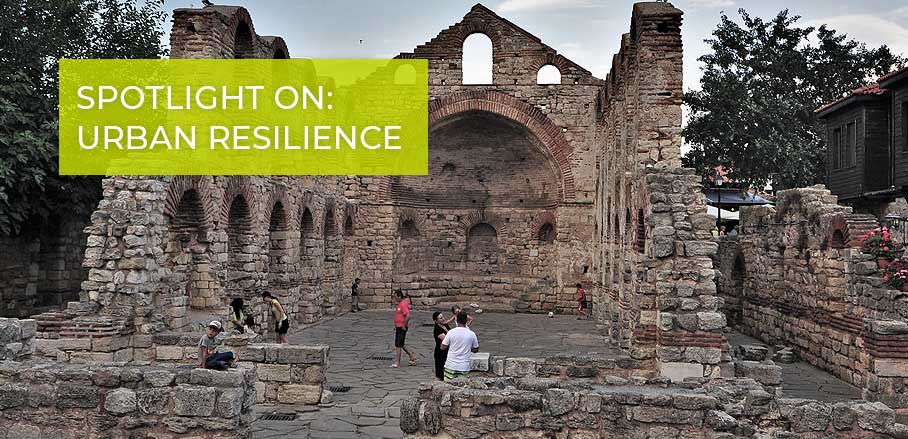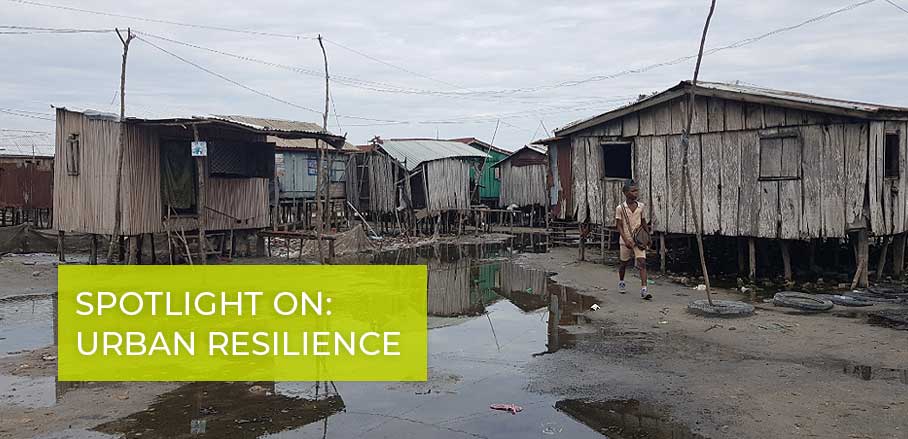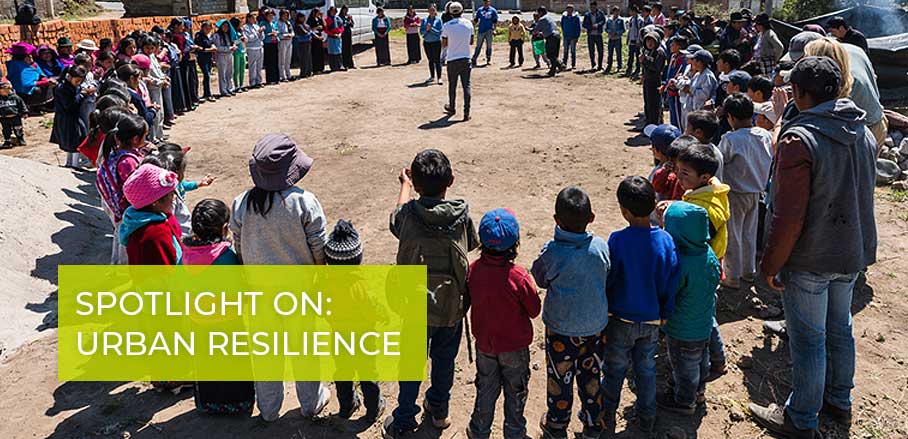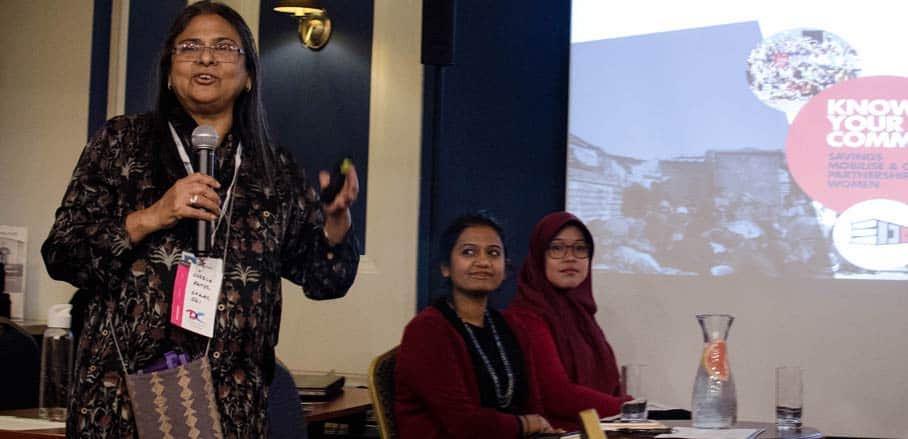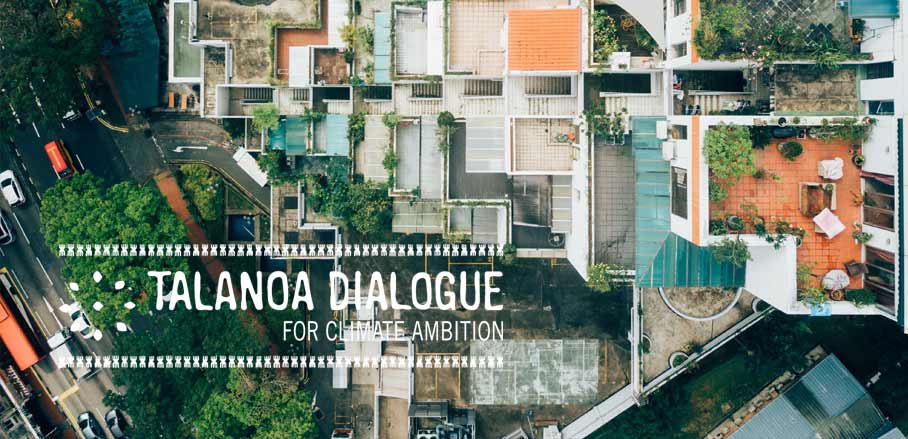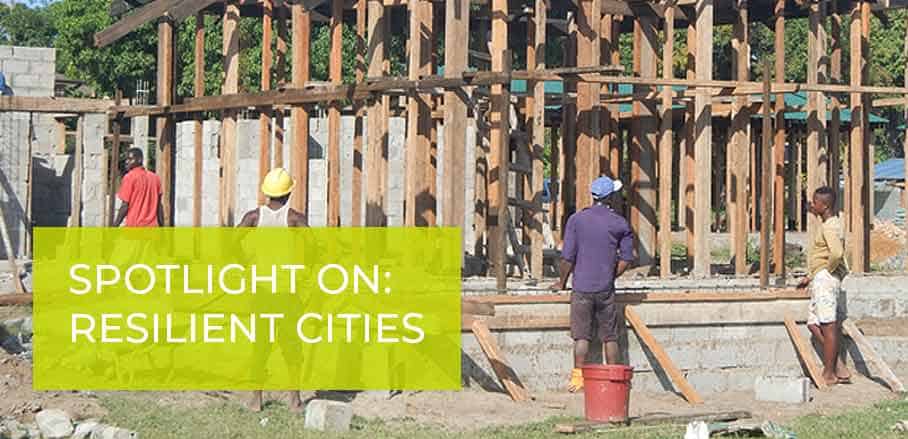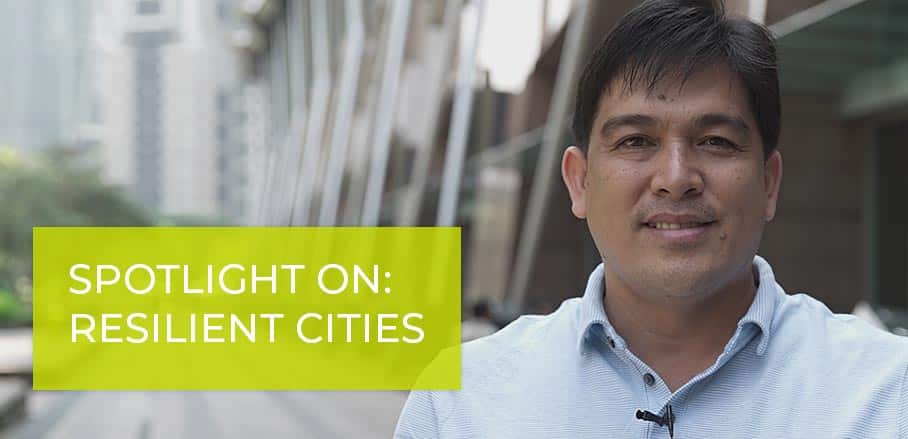Informality and Climate Resilience – The Story of Onyika Settlement, Windhoek, Namibia
In Namibia, the major share of urban growth is informal, with an estimated 30-40 per cent of the population living in informal settlements, with trends projecting shacks to become the predominant form of housing by 2025. Being especially vulnerable to climate change, these forms of settlements require special attention in the development of climate resilience strategies.
